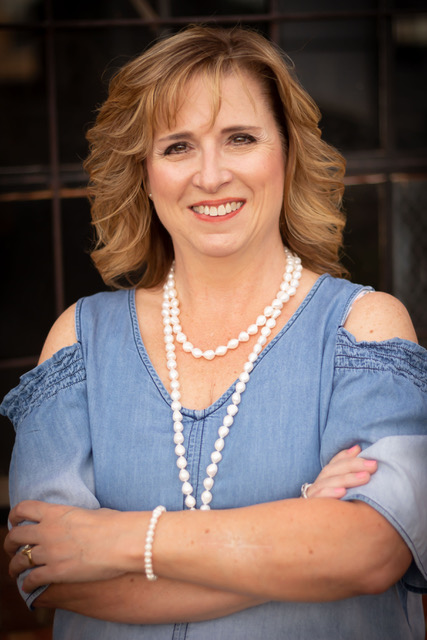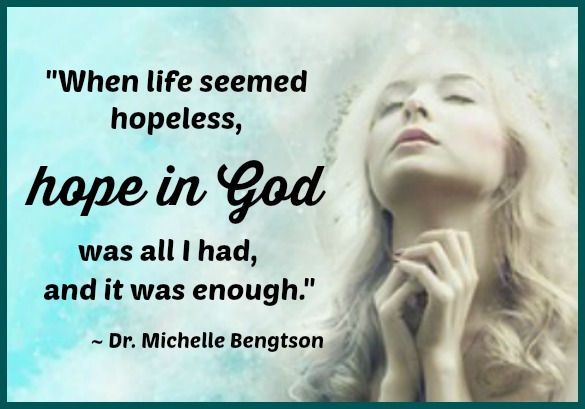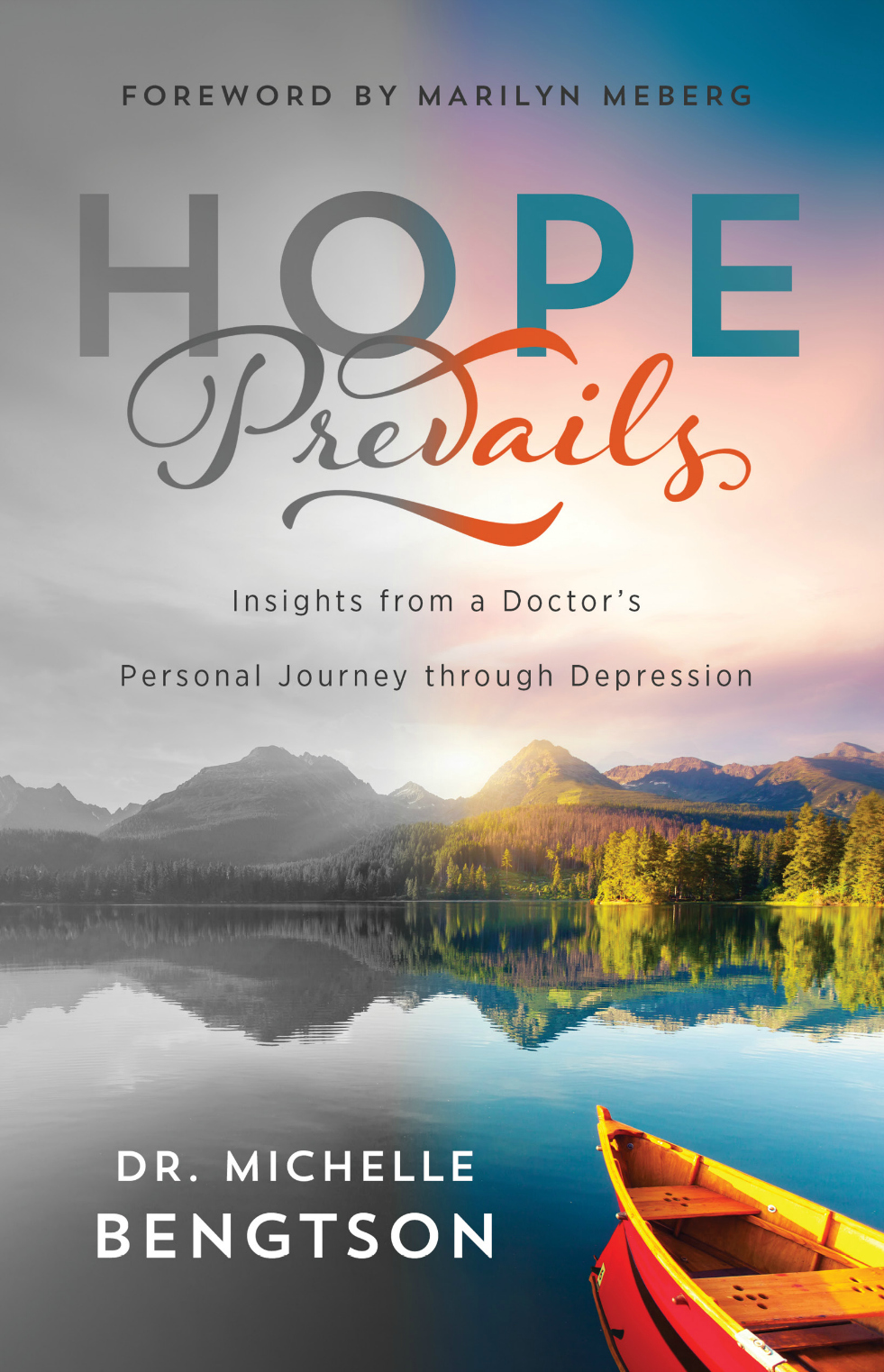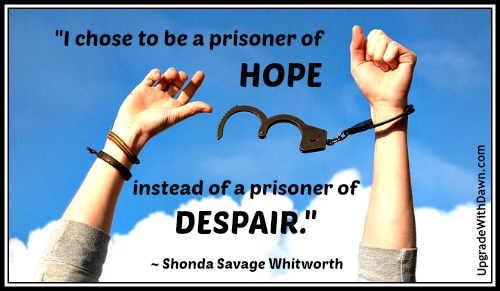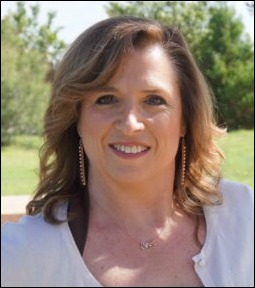Hope for Humanity
Pam Farrel is writing and speaking much about hope these days, and in this Christmas UPLIFT article, she reminds us about the truth of scripture regarding the hope God offered to humanity in Christ.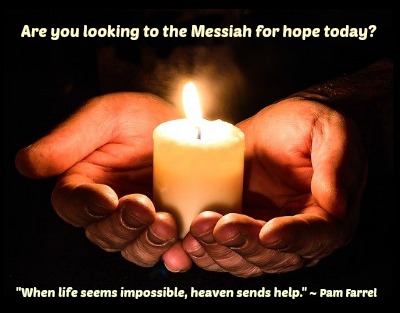
Pam asks, "Is this Covid-chaos causing internal despair, discouragement or depression? Is the persistent pandemic producing anxiety, angst or anger?"
Yes, I (Dawn) have seen so many crazy emotions spring up during Covid-19. But we don't have to let our emotions rule. God has an answer for us!
Pam continues . . .
Ever felt like this?
- You drag yourself in the door. Your arms are loaded with more work than you feel you can possibly ever get done, so you drop the burden of books, papers, briefcase, files, and bags in the middle of the floor.
- You don’t even bother to turn on the light because you don’t want to look at the state the house is in.
- You’re not sure if you want to take a long, hot bath or just skip it all together and collapse on your bed fully dressed.
- You are hungry, but making anything to eat seems like such a bother.
- Your head is pounding, your heart is racing, and your body aches.
- You are sick of coffee, sick of people, sick of demands, and sick of life.
- Everyone seems to need a piece of you: family, friends, neighbors—people you dearly love, but at this moment, it seems overwhelming to move to help them.
- You want to lock all the doors and unplug from all the phones, social media and e-mail; but even that seems like work. You simply lean against the wall and slide down, collapsing in a heap on the floor.
- Your head buries itself in your knees and you wrap your arms around yourself because you could really use a hug. You want to cry, but you’re even too tired to feel.
- You are sick and tired of being sick and tired.
Something needs to CHANGE!
Change is the good news of the Christmas story.
Each Christmas, I speak at holiday events (now virtual) on “The Christmas Light.” Using an Advent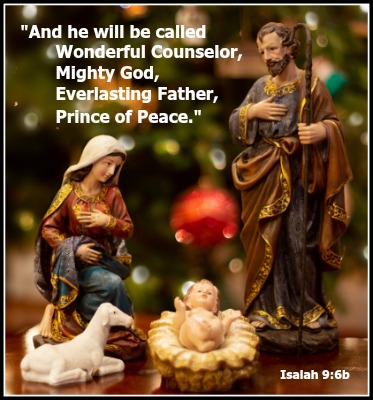 wreath and candles, I weave a message of inspiration based on Isaiah 9:6:
wreath and candles, I weave a message of inspiration based on Isaiah 9:6:
For to us a child is born, to us a son is given, and the government will be on his shoulders.
And he will be called, Wonderful Counselor, Mighty God, Everlasting Father, Prince of Peace.
This verse has been popularized by Handle’s Messiah concerts where, during the Halleluiah chorus, the audience stands.
Are you looking to the Messiah for hope today?
In the time of Isaiah—just as now—people carried desperately heavy burdens. They needed a Savior.
When life seems impossible, heaven sends help:
And the angel came to her [Mary] and said, “Rejoice, favored woman! The Lord is with you.” …:
Do not be afraid, Mary, for you have found favor with God….You will conceive and give birth to a son, and you will call His name Jesus. He will be great and will be called the Son of the Most High, and the Lord God will give Him the throne of His father David. He will reign over the house of Jacob forever, and His kingdom will have no end.
Mary asked the angel, “How can this be, since I have not been intimate with a man?”
The angel replied to her: “The Holy Spirit will come upon you, and the power of the Most High will overshadow you.
Therefore, the holy One to be born will be called the Son of God… For nothing will be impossible with God” (Luke 1: 29-37 HCSB emphasis added).
Jesus, the Messiah, truly is HOPE for humanity!
What do you want the Christ to accomplish in YOUR life?
Ponder Christ’s names below:
Wonderful Counselor: An astonishing advisor
Mighty God: The Almighty God: a strong, heroic, warrior Champion
Everlasting Father: The First and Forever Father of All
Prince of Peace: Ruler, Captain, Chief, Commander of perfect peace and prosperity.
Which name of the Messiah will you hang your heart on to move forward? CREATE a piece of art or buy an item symbolizing the name you select.
When your heart feels heavy, thank God for Immanuel, God with us (Matthew 1:23).
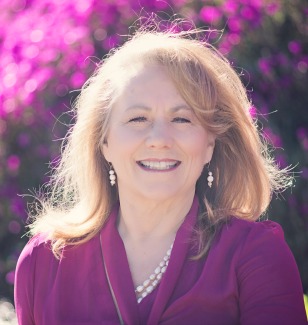 Pam Farrel is the Co-Director of Love-Wise and author of 52 books, including
Pam Farrel is the Co-Director of Love-Wise and author of 52 books, including 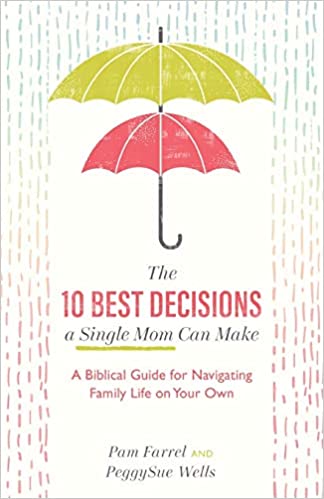 the newest 10 Best Decisions a Single Mom Can Make. She co-authored a book about hope, Discovering Hope in the Psalms: A Creative Bible Study Experience that can build your hope in God in 2021.
the newest 10 Best Decisions a Single Mom Can Make. She co-authored a book about hope, Discovering Hope in the Psalms: A Creative Bible Study Experience that can build your hope in God in 2021.
BONUS—Download these gifts from Pam to enrich your holiday:
- Winter Wonderland Traditions to Bless Your Relationships;
- A devotion inspired by Discovering Jesus in the Old Testament: Creative Bible Study Experience on How “the Zeal of the Lord” Breaks the Burden (Isaiah 9:7) you may be feeling; and
- The Farrel family’s Christmas Dinner and Dialogue devotional, based on Isaiah 9:6.
 Post a Comment → Posted on
Post a Comment → Posted on  Thursday, December 17, 2020 at 9:08AM
Thursday, December 17, 2020 at 9:08AM  Christmas,
Christmas,  Hope,
Hope,  Hope at Christmas,
Hope at Christmas,  Isaiah 9:6,
Isaiah 9:6,  Pam Farrel,
Pam Farrel,  The Messiah,
The Messiah,  Upgrade with Dawn Upgrade Your Life
Upgrade with Dawn Upgrade Your Life  Christmas,
Christmas,  Hope,
Hope,  UPLIFT Encouragement
UPLIFT Encouragement 








